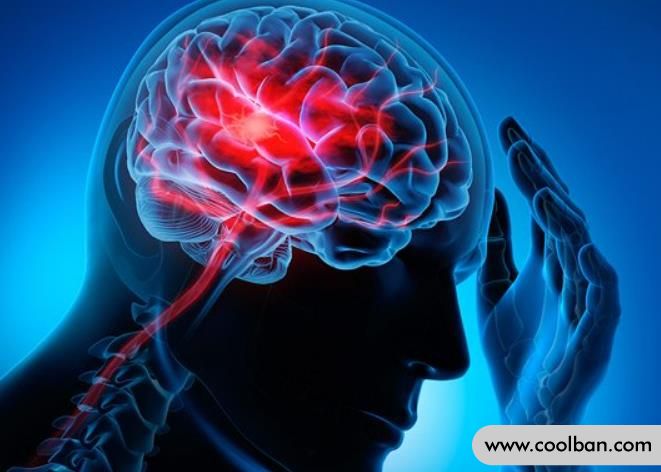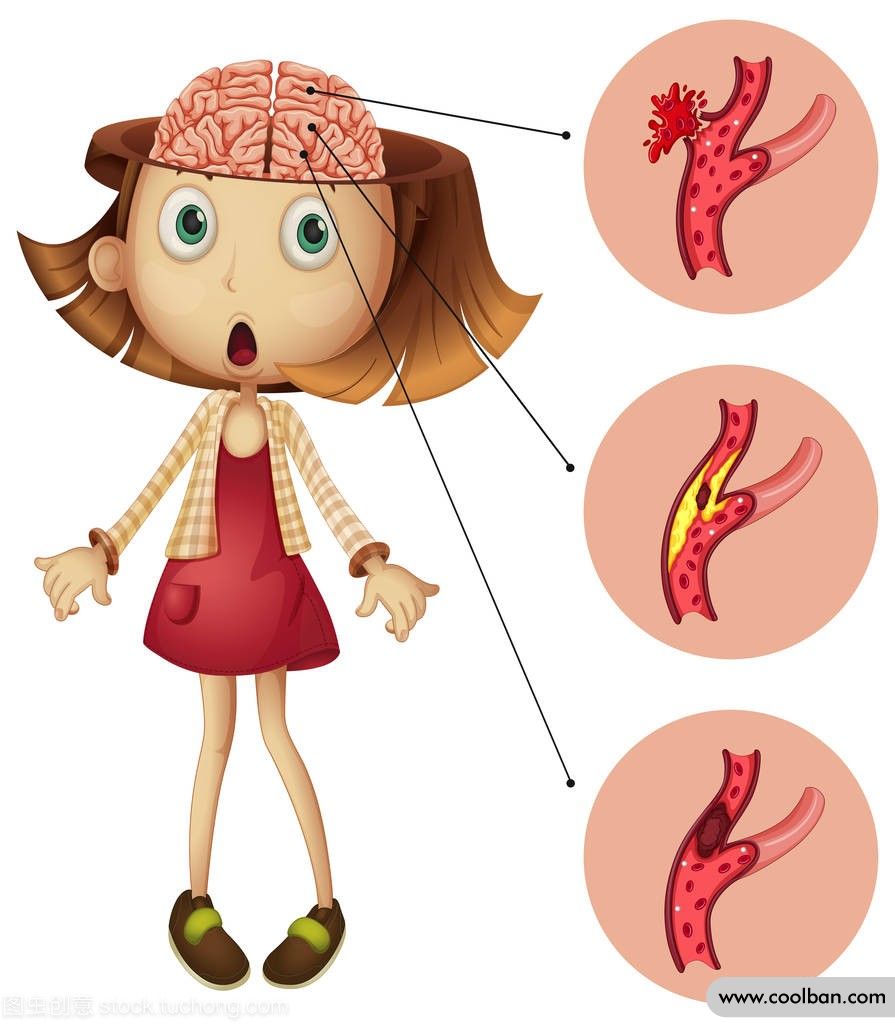What are the warning signs of a stroke?
What disease is more dangerous than cancer? That should be "cardiovascular and cerebrovascular diseases", such as stroke is one of them. It is a kind of cerebrovascular disease, which is clinically called "stroke". What we usually call cerebral infarction and cerebral hemorrhage belong to a kind of stroke, which is clinically called ischemic stroke and hemorrhagic stroke. Stroke!
Stroke is characterized by sudden onset, high fatality and disability rates. Especially after hemorrhagic stroke, the mortality rate of patients is extremely high. Even after scientific treatment, different degrees of sequelae may be left in the later stage, such as hemiplegia, intellectual loss, loss of self-care ability, etc., which are all common problems in the later stage!

Although the onset of stroke is sudden, it is not without warning before the onset of the stroke. If there are any of the following symptoms, it may be a warning signal of stroke:
Stroke signal 1, yawning and lethargy
Clinically, nearly 80% of stroke patients have symptoms such as yawning and lethargy in the days before the onset. Patients not only have a high quality of sleep at night, but also fall into a state of drowsiness and lethargy during the day, which is precisely a major manifestation of "cerebral hypoxia". Affected by cerebral infarction, the patient suffers from insufficient blood supply to the brain, which stimulates the respiratory center, resulting in yawning, fatigue and weakness.

Stroke signal 2. Suddenly a black eye
When the patient is looking at things or doing activities recently, he suddenly appears blurred vision or black eyes, but it does not last for a long time and can be recovered in just a few minutes, which is also a major manifestation before stroke. Due to the lack of blood supply to the brain of the patient, which affects the blood supply and nutrient supply of the retina, the patient suffers from transient vision loss. If it occurs repeatedly in a day, it may be a signal of stroke.
Stroke signal 3. Unstable blood pressure
Hypertensive disease is a major factor that induces stroke. If you have hypertensive disease at ordinary times, you can control blood pressure in a stable range through diet, medication and other methods. However, if the blood pressure has been abnormally increased recently, and it has not improved after taking the medicine, and it shows a continuous increase, it may be a signal before the arrival of stroke, especially the symptoms of hypertension in hemorrhagic stroke are particularly common.

Stroke signal 4. Language barrier
Stroke patients will have varying degrees of language barriers before the onset of the disease, such as slurred speech, inability to express their meaning, stiff tongue, inappropriate words, etc. These are patients with hemorrhagic stroke or ischemic stroke Due to the lack of blood oxygen supply in the patient's brain tissue, the language center is also blocked, and the severity of symptoms varies according to the patient's condition.
Stroke signal 5. Dizziness or headache
In the early stage of stroke, patients with stroke will suddenly have symptoms such as blackness in front of their eyes or severe headache, but the duration is not long. It will return to normal within tens of seconds or minutes, but it will recur within a day. cerebral ischemia" signal. In addition, if a severe persistent headache occurs suddenly, accompanied by symptoms such as nausea and vomiting, this may be a manifestation of a hemorrhagic stroke, and you need to seek medical attention immediately.
The occurrence of stroke is often based on long-term chronic diseases, especially hyperlipidemia and hypertension. Without long-term treatment or improper control, the possibility of stroke in the later stage will also be greater. Especially when the above stroke signals appear, it may be a sign of the arrival of a stroke, and it is necessary to seek medical attention in time for examination.
